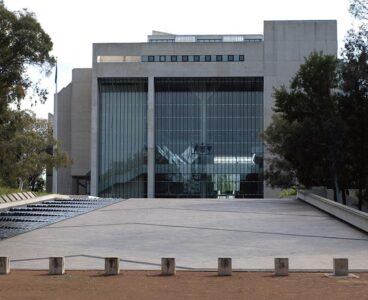
Australian High Court rules Government cannot strip citizenship of dual nationals suspected of terrorism
Australia’s High Court Wednesday struck down the power of the country’s government to strip the Australian citizenship of dual nationals suspected of affiliation with international terrorist groups.
The High Court ruled in favor of Delil Alexander, a dual Turkish-Australian citizen, currently being held in Syria.
He left Australia for Turkey in 2013, telling his family he was going to arrange a marriage and would return. However, he traveled to Syria where Australian intelligence agencies said he joined the Islamic State group. He was later detained by Kurdish forces.
In 2019, he was jailed for 15 years by a Syrian court. Although he has since been pardoned by the Damascus government, he remains in prison.
His lawyer in Sydney, Osman Samin, told the Australian Broadcasting Corp. that Australia was wrong to strip him of his citizenship because he had no affiliation with extremist groups.
“Unfortunately, because Australia revoked his citizenship, he has remained in Syrian custody ever since because the Syrian authorities will not release him into the Syrian community and he is now being transferred to a prison in Damascus, which is unfortunately notorious for human rights abuses,” said Samin.
The High Court ruling strikes down a key part of Australia’s foreign fighter laws designed to prevent suspected members of terrorist groups returning home.
In a landmark case, the judges found Wednesday the government cannot strip individuals of Australian citizenship if they are charged with terrorism offenses in another country.
The court said that the consequence of removing the citizenship of a person who would not face trial in Australia was so serious it should only be handled by a judge, not politicians.
Government officials said they were assessing the implications of the ruling. They added that authorities in Canberra could still impose so-called temporary exclusion orders that could stop dual nationals with suspected links to extremism from returning to Australia for up to two years.
Alexander’s sister, who brought the legal case on his behalf, said she was unsure whether her brother was still alive.
Source: VOA News





